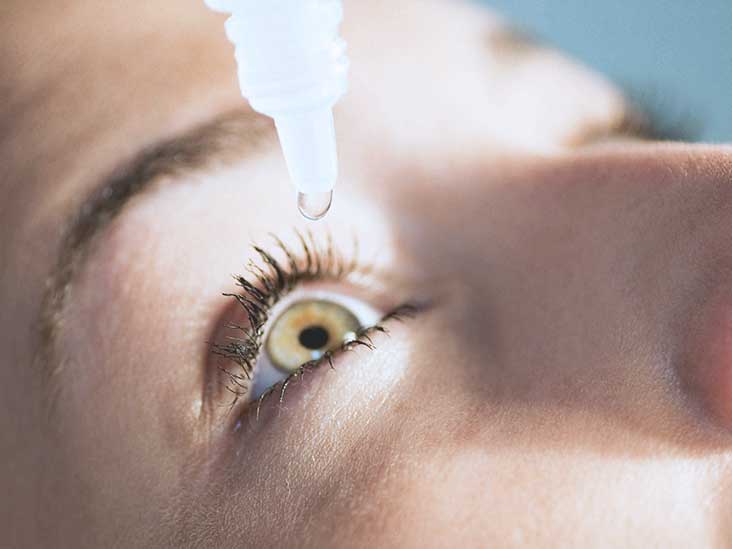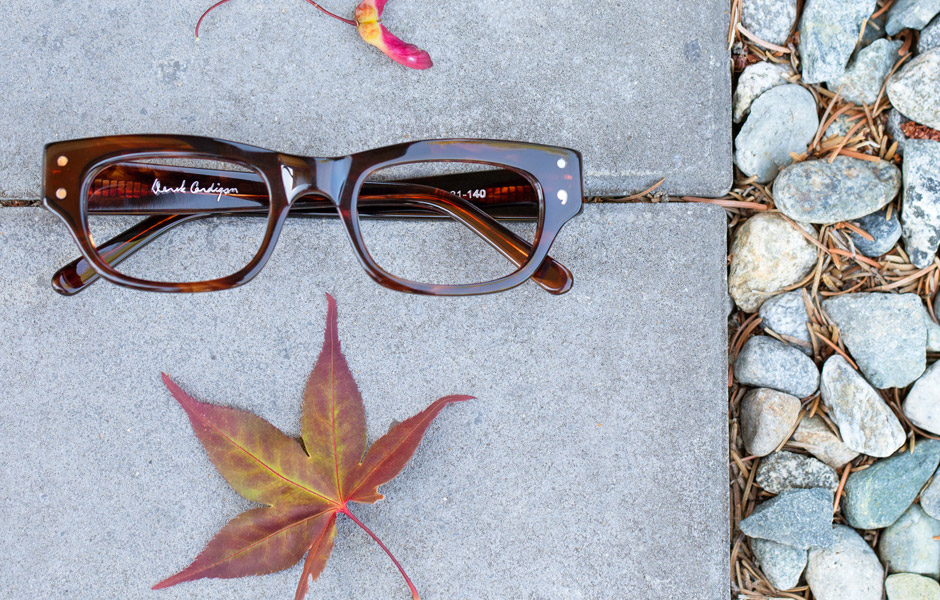Here in the South, we get excited for the transition into fall and its cooler temperatures. But a change in season also comes with a change in allergies. From dust mites to mold, the fall allergens can wreak havoc on your eye health.

So, we’ve compiled a few ways to help you prevent any allergy-related vision issues this fall:
- Stay up-to-date with necessary medication.
If you’re used to battling allergy symptoms, you know the importance of routinely taking your antihistamines. Over-the-counter medications like Claritin or Zyrtec may help in reducing many symptoms including sneezing, a runny nose, and eyes that won’t stop itching or watering. Remember – always check with your doctor before taking any new medication.
- Keep eye drops nearby.
Aside from oral medications, certain eye drops specifically target allergy symptoms. Your symptoms may determine which type of eye drops you need. Over-the-counter drops are available for redness, itching, or dry eye. Your doctor may also prescribe drops that address specific, more severe problems.

- Wash your hands.
Do you ever stop to consider just how often you touch your eyes daily? Unfortunately, this can easily transfer pollen or dust to your eyes from any object in your day-to-day life. To lessen the chance of this happening, make sure you consistently wash your hands. Additionally, rubbing your eyes can cause irritation and worsen your symptoms.
- Check weather reports.
If pollen is your allergies your worst enemy, then checking weather reports daily will keep you informed on just how bad the day could get. High pollen counts will alert you to prepare before your allergies are triggered.
- Wear your glasses!
While it may seem like a simple task, wearing your glasses while outside will help keep allergens away from your eyes. If you do not need prescription lenses, make sure you’ve got a great pair of sunglasses! Using glasses as a buffer reduces eye redness and itchiness.

- See an allergist or optometrist.
If you’ve tried every possible option for relief with no success, then you may need to see a professional for help. An allergist will be able to pinpoint exactly what is causing your reaction and how to treat it. Additionally, your optometrist will have the best advice for how to specifically take care of your eyes.
Make sure to book an eye exam with us today if you are concerned about your eye allergies!
Happy Fall Y’all!



